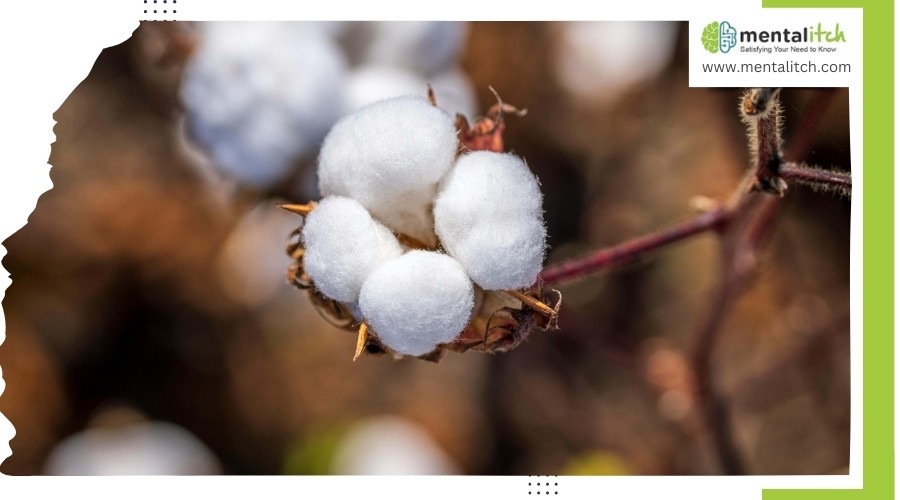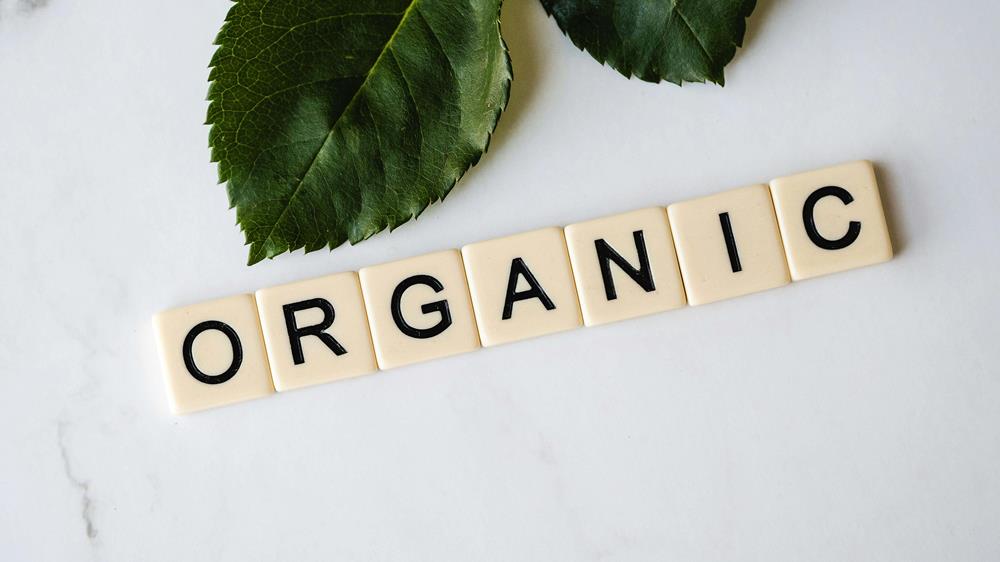Fashion is constantly changing with new brands, new trends, and new ideas in the clothing industry. How can we, as a consumer, sense that we are buying good quality clothing and spending our money on worth-buying materials? It is the right time to figure out whether the dress is organic or inorganic.
We will shed some light on “organic cotton” to give you an idea of organic clothing. If you hear it for the first time, then read on to learn more about organic clothing and how it affects your lifestyle.
What Does It Mean When Cotton is “Organic?”
The term “organic” has become a buzzword across various industries, from food to fashion, indicating a shift towards more sustainable and environmentally friendly practices. When it comes to cotton, “organic” refers to how the cotton is grown and harvested, emphasizing methods that have a lower impact on the environment compared to conventional cotton production. Here’s a breakdown of what it really means for cotton to be labeled as “organic.”
Environmentally Friendly Farming Practices
Organic cotton is grown without the use of synthetic pesticides, herbicides, or fertilizers. Instead, it relies on natural processes and materials to manage pests and enrich soil fertility. This approach reduces pollution and conserves water and soil, making it a more sustainable option for the planet.
Non-GMO Seeds
The seeds used to grow organic cotton are non-genetically modified (non-GMO). This preserves biodiversity and ensures that the cotton is grown as nature intended, without genetic alterations that could impact ecosystems or human health.
Health and Safety
By avoiding harsh chemicals, organic cotton farming provides a safer environment for farmers and their communities. This means fewer health risks associated with chemical exposure, contributing to the well-being of those who cultivate and harvest the cotton.
Reduced Water Usage
Organic cotton often requires less water to grow than conventional cotton. Through practices like rain-fed irrigation, organic cotton farming makes better use of natural water sources, which is especially important in water-scarce regions.
Certification Standards
For cotton to be certified as organic, it must meet strict standards set by international or national organizations. These standards cover everything from the cultivation methods to the handling and processing of the cotton, ensuring that it adheres to environmentally and socially responsible practices throughout its lifecycle.
What Is the Difference Between Organic and Inorganic Cotton?
Organic cotton is produced from natural seeds, and the crop is not treated with any harmful chemicals such as pesticides, insecticides, herbicides, or any other genetically modified organisms. This way, all the toxic chemicals are eliminated, and cotton farming keeps waterways safe from any hazards.
Unlike inorganic cotton, organic cotton farming uses only a fraction of water to grow because it is not sprayed with pesticides and is free of toxins. In textile industries, organic cotton farming has risen as a sustainable alternative, eco-friendly clothing source that reduces the negative environmental and social impacts of conventional cotton.
The Benefits of Organic Cotton
Organic cotton offers numerous benefits over its conventional counterpart, from environmental impacts to personal health and economic advantages for farmers. Here are some key benefits that highlight the importance of choosing organic cotton for clothing.
Environmental Protection
Organic cotton represents a commitment to environmental sustainability. Grown without the use of toxic pesticides and synthetic fertilizers, it significantly reduces water pollution and soil degradation, preserving biodiversity and promoting healthier ecosystems. Conventional cotton farming is known for its heavy use of chemical inputs, which can harm local wildlife and water supplies. In contrast, organic cotton farming practices encourage the use of natural processes, like crop rotation and organic fertilizers, to maintain soil health and reduce environmental footprint. This not only benefits the planet but also supports a healthier living environment for surrounding communities.
Water Conservation
Organic cotton farming is inherently more water-efficient compared to traditional cotton farming methods. By relying on rainwater more than irrigation, organic cotton reduces water usage significantly. Traditional cotton farming often involves intensive irrigation, which can deplete local water resources and lead to problems like soil salinization. Organic farmers frequently employ sustainable practices, such as mulching and enhanced soil management, to improve water retention in the soil and minimize evaporation, leading to a more sustainable use of water resources.
Health and Safety
Choosing clothing made from organic cotton can have direct health benefits for consumers. Organic cotton is free from harmful chemicals and pesticides often used in conventional cotton production, which can remain in the fabric and potentially irritate the skin, especially for those with sensitivities or allergies. Organic cotton provides a softer, more natural feel against the skin, reducing the risk of allergic reactions and promoting overall skin health. Furthermore, workers involved in organic cotton production are not exposed to toxic chemicals, leading to safer working conditions and reduced health risks.
Economic Benefits for Farmers
Organic cotton farming can offer significant economic benefits for farmers. By avoiding expensive chemical inputs, organic farmers can reduce their production costs. Additionally, organic cotton crops can fetch a higher market price due to the growing demand for sustainable and ethically produced goods. This can lead to improved livelihoods and economic stability for farming communities. Moreover, organic farming practices contribute to soil fertility and long-term productivity, ensuring that farmers can continue to cultivate their land for generations to come.
Supports Ethical Practices
When you choose organic cotton clothing, you’re also supporting ethical practices in the fashion industry. Organic certification standards not only cover environmental aspects but also social criteria, ensuring fair treatment and decent working conditions for farmers and textile workers. This emphasis on ethical practices helps to promote social responsibility and encourages consumers to make more conscious choices that reflect their values.
Interesting Facts About Organic Clothing
Organic clothing is not just about wearing something that feels good or supports environmental sustainability; it’s a growing phenomenon with deep roots in today’s eco-conscious market. Besides the well-known benefits, there are several interesting facts and statistics that underscore the impact and growth of organic clothing in the fashion industry. Here’s a look at some compelling insights that paint a broader picture of organic clothing’s role in modern fashion and sustainability efforts.
- Market Growth: The global market for organic textiles is projected to grow significantly in the coming years. According to recent statistics, it’s expected to reach a value of several billion dollars, highlighting strong consumer demand for sustainable and organic clothing options.
- Consumer Awareness: Surveys have found that a considerable percentage of consumers are willing to pay more for organic clothing, citing environmental benefits and personal health concerns as key reasons. This willingness indicates a shifting mindset towards sustainability and ethical consumption.
- Reduction in Water Usage: Organic cotton farming can reduce water consumption by up to 91% compared to conventional cotton farming. This staggering statistic emphasizes the environmental efficiency of organic practices in preserving vital water resources.
- Decrease in CO2 Emissions: Organic cotton production has been shown to generate significantly lower CO2 emissions than its non-organic counterpart. This reduction plays a crucial role in combating climate change and promoting a healthier planet.
- Pesticide Reduction: It’s estimated that switching to organic cotton farming could save millions of gallons of water and thousands of kilograms of chemical pesticides each year. These figures highlight the environmental benefits of organic practices in reducing harmful substances and pollution.
- Job Creation: The organic textile industry supports ethical labor practices and is known to create more jobs than conventional textile manufacturing. This is due to the labor-intensive methods used in organic farming and the global push towards fair trade practices.
- Biodegradability: Organic fibers are completely biodegradable, meaning they break down naturally without polluting the environment. This contrasts sharply with synthetic fibers, which can take hundreds of years to decompose and are a major source of microplastic pollution.
- Historical Use: Organic farming practices date back thousands of years, but the modern organic movement gained significant momentum in the 20th century as part of a broader push for environmentalism and sustainability.
- Certification Standards: There are multiple international certifications for organic textiles, such as the Global Organic Textile Standard (GOTS), which ensure that products meet strict environmental and social criteria throughout their production process.
- Innovative Materials: Beyond organic cotton, the organic clothing industry is exploring innovative materials like bamboo, hemp, and recycled fibers, expanding the possibilities for sustainable fashion.
Conclusion
Choosing organic cotton for clothing benefits not just our skin but the environment as well, highlighting a sustainable approach to fashion. For those curious about the durability and historical significance of textiles, our post, What Are the Oldest Surviving Pieces of Clothing?, provides an intriguing glimpse into how ancient garments have stood the test of time.
Additional Suggestions
- Organic farming eliminates freshwater pollution in the world that occurs 20% due to polluted water coming out of textile industries.




